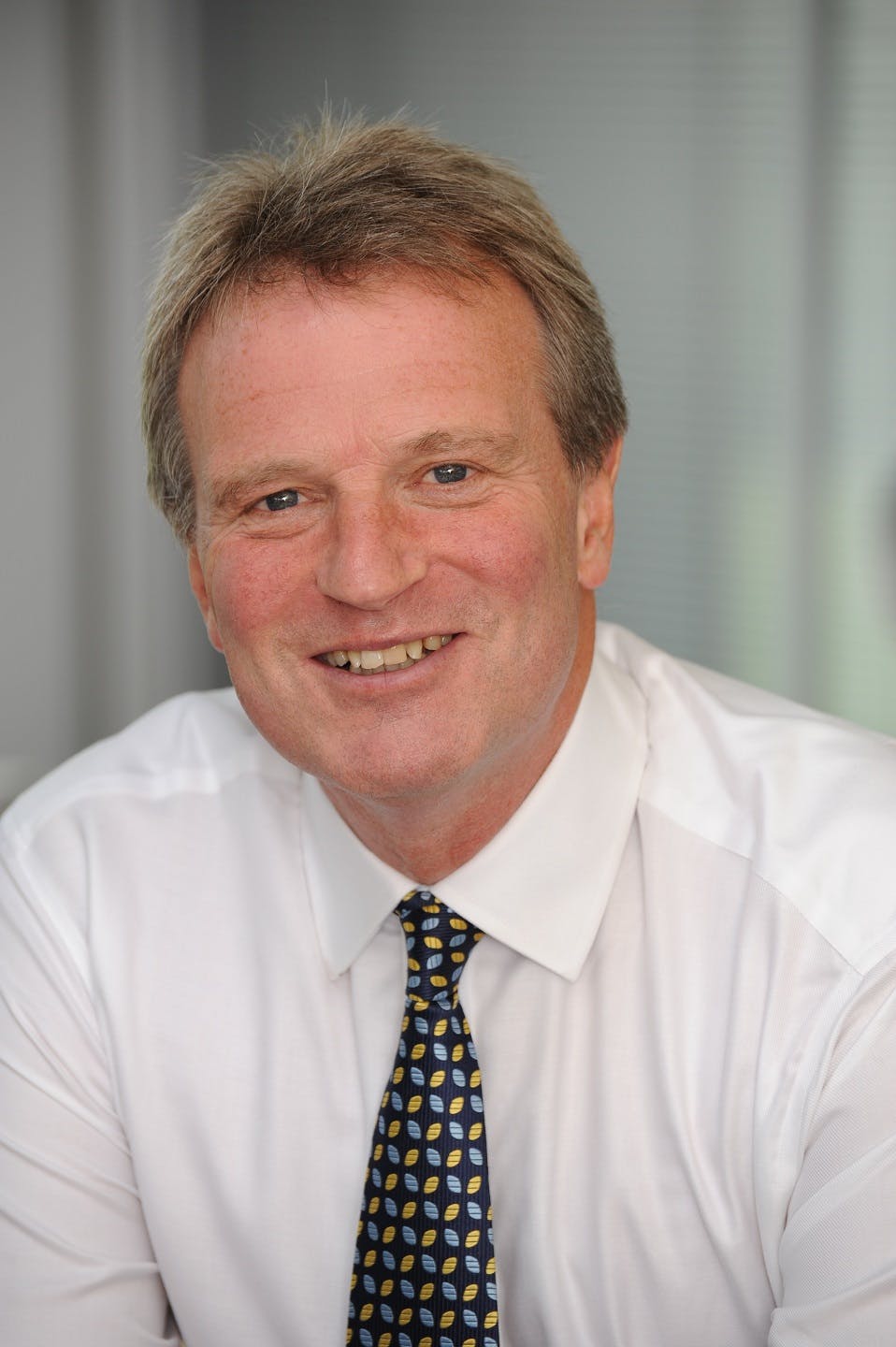
As a former teacher and pupil at a minor public school in England, I have never been a big fan of collective punishment.
I still recall one incident when I was a highly impressionable Year 3 pupil. One night, our senior House prefects decided to stage a full-scale raid on another (boarding) House in what, at the time, seemed like a remake of the film Zulu – with repeated attacks at Rorke’s Drift. At least 25 out of the 60 pupils in our House took part in the hour-long, and ultimately unsuccessful, raid.
Inevitably such carnage merited severe punishment. As a rowdy raider I was ready for my fate. But surprise turned to anger when it was decided that the whole House was to be punished. There were long detentions over many weeks for everybody…whether they had been involved or not.
Furthermore, 20 names were drawn, entirely at random, across all year groups to undertake a gruelling weekend of hard physical labour clearing a building site of hardcore rubble.
I can still hear the sobs of the Year 1 pupils selected, despite having refused to take part in the raid. Not only had everyone been punished and tarred with the same brush, but now young innocents were to receive an extra punishment. The public school stiff upper lip did not prevail and some of them were left genuinely traumatised and demoralised by their grossly unfair punishment. They still talk about it today – some 45 years on – with a simmering resentment for the school authorities.
And so fast forward to the decision by Wada a few months back to declare Rusada, the Russian anti-doping organisation, non-compliant, following alleged state manipulation of athletes’ anti-doping data that was held in the Rusada laboratory in Moscow.
It was, for Wada, the final straw in a long list of Russian anti-doping transgressions, made famous by the switching of doped Russian athletes’ blood samples with clean vials via a “hole in the wall” during the Sochi 2014 Games.
In late 2019, the Wada Board accepted the recommendation of their Compliance Review Commission to ban Russian team symbolism, including the country’s flag and anthem, from all international sporting events for four years. Furthermore, Russia would not be allowed to bid for or host international sporting championships during this period. Such a punishment could see Russia’s elite, clean athletes once again reduced to a neutral status at Tokyo 2020 and Beijing 2022. But at least Russian athletes in 32 out of the 33 Olympic Games sports (currently World Athletics has banned Russian athletes from taking part, even as neutrals) would be there competing, albeit as “neutrals”.
And while Rusada is inevitably appealing the severity of punishment, the increasingly influential athlete representative bodies in North America and Western Europe are claiming Wada has not gone far enough. They are calling for a complete ban on all Russian athletes competing in major international events for the next four years. These calls are getting plenty of airplay across the BBC, New York Times, ARD and many other media groups.
While the IOC is seemingly supportive of the Wada decision, notably, president of the IOC Thomas Bach has again stressed the importance of not punishing the innocent, clean Russian athletes. He seems genuinely and passionately committed to ensuring the next generation of Russian sports stars are not made to suffer for the grave wrongdoings of their authorities.
In the build up to Rio 2016, Bach refused to accept that banning innocent Russian athletes was mere “collateral damage” in the war on doping. Similarly, for Tokyo 2020, Bach has gone on record to state that “the guilty ones must be punished and innocent ones protected”.
There are two main reasons why I believe Bach is right.
Firstly, Russia is a global sporting superpower with millions of talented, clean young athletes who have hopes and dreams of achieving the ultimate prize: Olympic gold. To ban these young athletes from competing in Tokyo (or potentially Paris 2024), or even from seeing their national heroes – their role models – from competing, could snuff out the flame of ambition within an entire generation. None of these young men and women were responsible or complicit in the Sochi switcheroo or the Moscow manipulation of lab data. These are the innocents: a ray of hope for a better future.
Secondly, the Moscow 1980 and Los Angeles 1984 Games were blighted by Olympic boycotts that left many medallists with a kind of Pyrrhic victory: a sense that they had won but lost out at the same time, as they would always know they had not competed against the world’s best.
All the empirical evidence that my agency has gathered from potential Tokyo 2020 and Paris 2024 Olympians is that they want Russia’s clean and innocent elite athletes to be allowed to compete. It will help ensure the very definition of excellence – a key Olympic value. It would ensure that there will be no hollow victories.
So as the debate rages on, my opposition to collective punishment has not dimmed from those school days when I seethed as I watched innocent schoolmates punished severely for crimes they did not commit.
Russia’s reintegration to world sport begins by allowing the innocents to compete at the highest level and thus help rebuild trust, credibility and confidence in this mighty sporting nation.